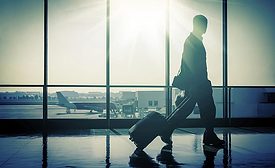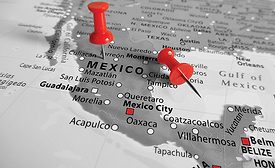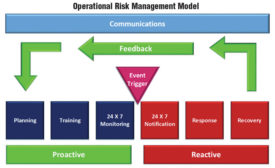Overseas and Secure Column
Security Concerns on the Rise for Foreign Travelers in Nigeria
The temporary closure of Abuja International Airport adds further security issues for visitors.
March 14, 2017
Get our new eMagazine delivered to your inbox every month.
Stay in the know on the latest enterprise risk and security industry trends.
SUBSCRIBE TODAY!Copyright ©2024. All Rights Reserved BNP Media.
Design, CMS, Hosting & Web Development :: ePublishing












